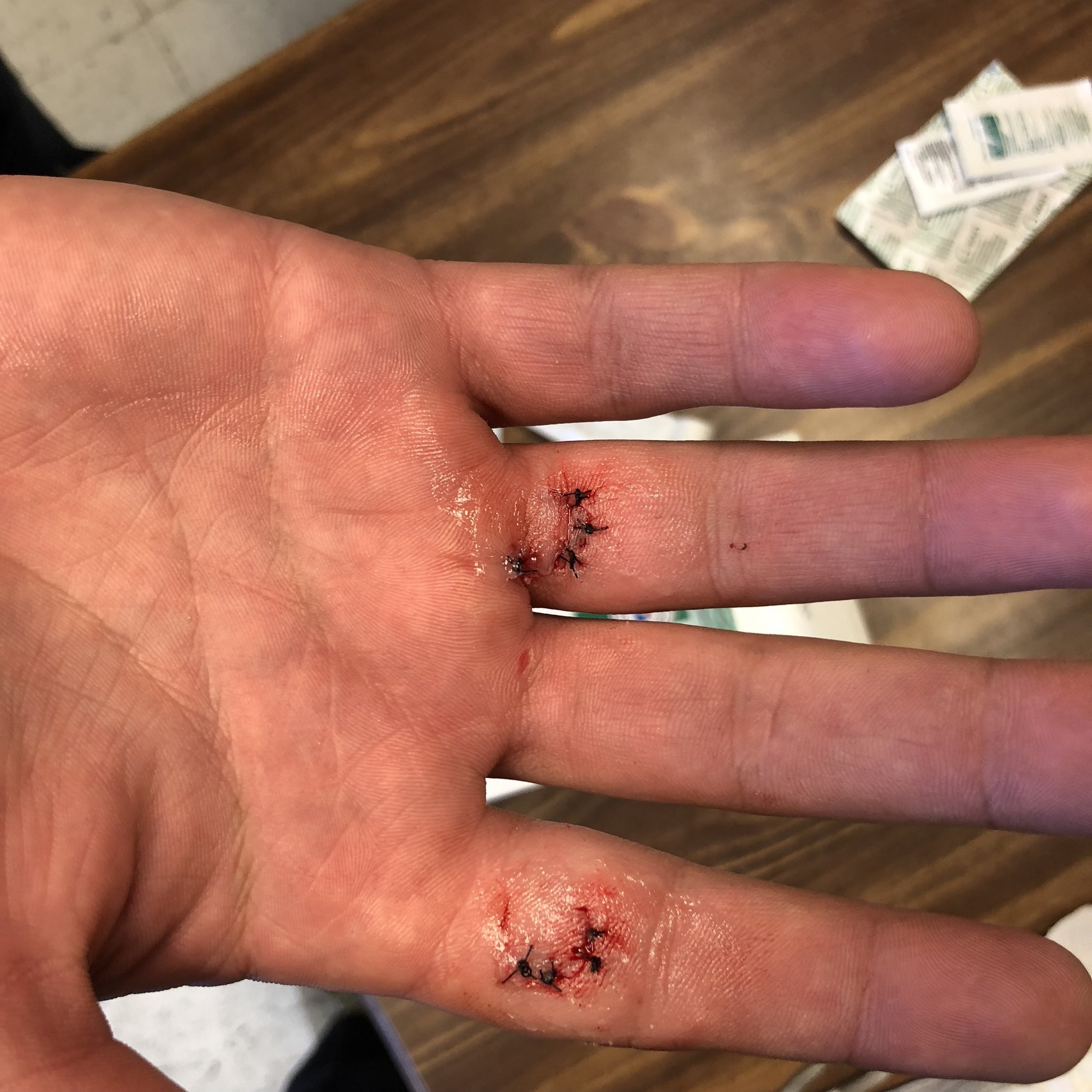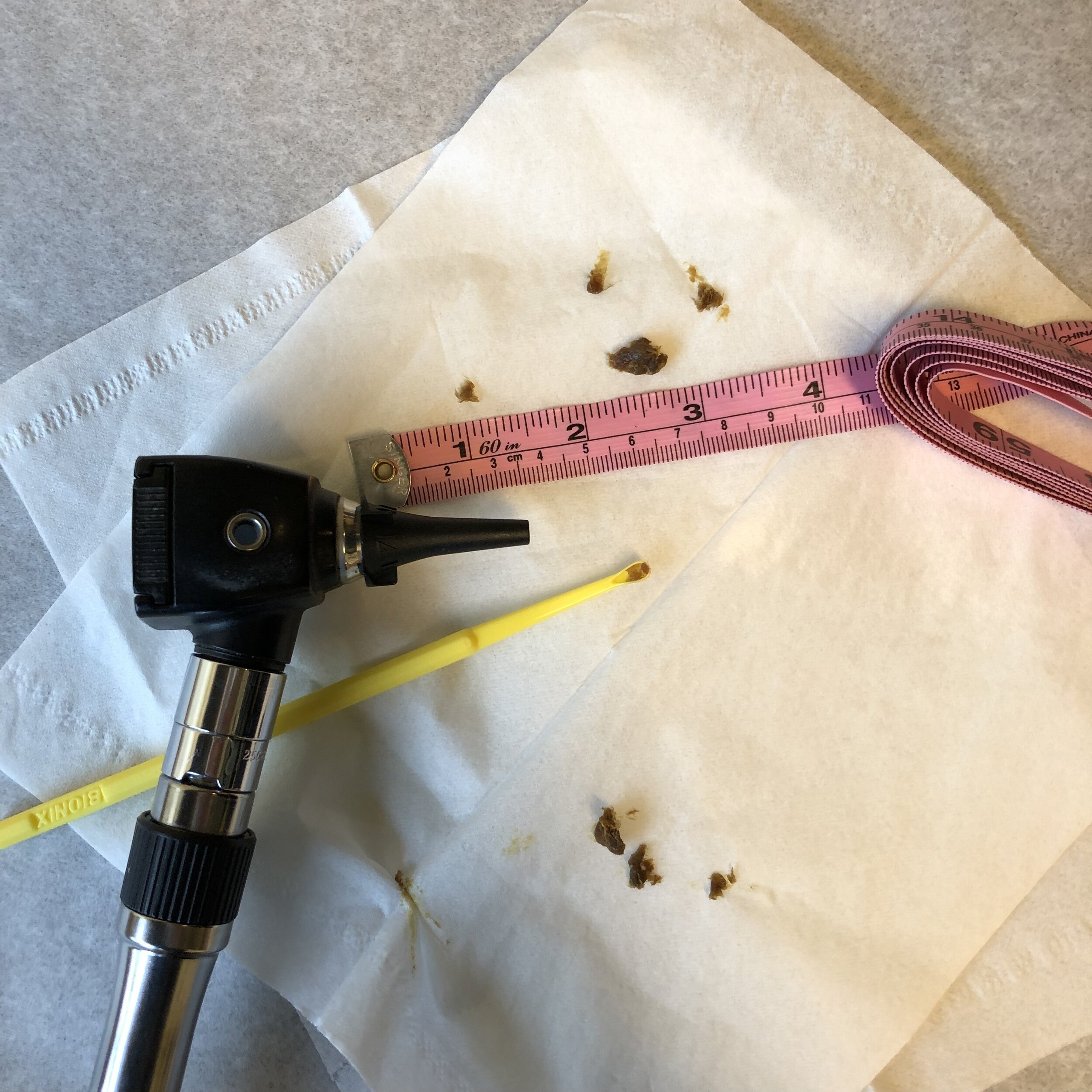Plum Health Blog
How to get a Pap Test in Detroit?
Affordable Pap Tests Available at Plum Health
Ladies - it’s time that we talk about Women’s Health! An important aspect of routine follow-up with your primary care physician is to discuss screening tests for preventable diseases such as heart disease, high blood pressure, and diabetes. Additionally, it is important to talk to your doctor about cancer screening tests that may be appropriate for you such as for screening for breast, colon, and cervical cancer.
Many of us know that mammograms are great screening tests to look for breast cancer --Did you know October is Breast Cancer Awareness month? Additionally, a colonoscopy is used (a procedure that uses a camera to look in your colon) for colon cancer screening. However, not as many of us know why our doctors stress the importance of cervical cancer screening and what a pap smear is.
Below we will explain the basics: What is a cervix? What causes cervical cancer? What is HPV? What is a Pap test? When should I get one?
What is a cervix?
The cervix is a muscle at the lowest part of the uterus. It meets with the deepest part of the vaginal canal. There is also a small opening in the center of the cervix called the cervical canal that connects the vagina and the uterus. This opening can open and close at different times --- It opens slightly during your period and fully during childbirth. But it also protects against infections from entering into the uterus. Amazing right?
Cervical cancer and Human Papillomavirus (HPV)
Unfortunately, this opening of the cervix can become infected by a very common virus called Human Papillomavirus (HPV). In most cases, the infection will clear on its own, however if the infection does not clear on its own, it can pose a risk of developing cervical cancer. According to the Centers for Disease Control and Prevention (CDC),12,845 new cervical cancer cases were diagnosed in 2015 and 4,175 deaths were caused by cervical cancer in 2015.
More about Human Papillomavirus (HPV) and how is it transmitted?
According to the Centers for Disease Control and Prevention (CDC), HPV infections are so common that nearly all men and women will get at least one type of HPV at some point in their lives. Nearly 80 million Americans are currently infected with some type of HPV. About 14 million Americans, including teens, become infected each year.
HPV is spread through intimate skin-to-skin contact. You can also get HPV by having vaginal, anal, or oral sex with someone who has the virus. There are many types or strains of this virus. Some of the strains can cause warts on the hands and feet and others can infect tissues of the genital region which can cause warts in that region as well BUT can also be associated with some cancers of genital region (i.e. vagina, penis, and anus) and of the head and neck.
What has been done to help prevent HPV infections?
At this time, the CDC recommends that all boys and girls start vaccination against HPV infection that can be started as early as age 9 through 26 years of age. As of October 2018, the US Food and Drug Administration (FDA) has approved the vaccination for men and women through 45 years of age with Gardasil 9 (common name brand for one of the vaccines). For the HPV vaccine to be most effective, the series should be given prior to exposure to HPV.
Dr. Paul Thomas and Dr. Raquel Orlich of Plum Health DPC discuss cervical cancer screening at their office in Detroit, Michigan.
How can your doctor screen for cancer and precancers of the cervix?
If you are between the ages of 21 and 65 years of age, your doctor will start screening you for cervical cancer. The screening test is called the Papanicolaou test aka the “Pap test or Pap smear”. During a Pap smear, your doctor will need to visualize your cervix with a small utensil called a vaginal speculum. With a small brush, he or she will gently scrape the cervix to collect a sample of the cells in the opening of the cervix. This procedure takes less than 5 minutes and most women report it to be painless or may have minimal discomfort. The sample is then sent to the lab for review.
According to the CDC, decline in cervical cancer cases and deaths in the past 40 years correlated with Pap testing and detection and treatment of cervical precancerous lesions. The majority of cervical cancers (50% to 64%) occur in women who were rarely or never screened.
The screening guidelines recommend that women between the ages of 21 and 29 years old should have routine screening every 3 years.
The screening guidelines recommend that women between the ages of 30 and 65 year old have two options for routine screening --
Have a Pap test every 3 years or
Have a Pap test with an HPV test every 5 years.
*However, if your results are abnormal, you will discuss with your doctor when you should return for a follow-up Pap test or need additional testing.
Luckily, cervical cancers usually take years to develop. If you’re getting screened regularly (every 3 or 5 years), you are extremely unlikely to develop cervical cancer. Let’s take control of our feminine health!
You can visit the CDC for more information on the Pap test and HPV
What does the Pap test NOT test for?
The Pap test does not test for sexually transmitted infections such as chlamydia, gonorrhea, herpes simplex, syphilis, or HIV.
How much does it cost to have a Pap test?
Depending on your insurance plan, Pap testing may be covered as a preventive service. If you are underinsured or uninsured, the test may be costly.
If you are a member of Plum Health DPC, we are able to provide affordable prices for many screening tests including Pap tests. The price of our Pap test is $30 to $60
How can I sign up for an appointment for a pap smear?
To make an appointment with Dr. Raquel or Dr. Paul, head over to our scheduling link and select her or him as your doctor. After you submit the information, Dr. Raquel will reach out and offer appointment times.
Thank you for reading and have a great day,
-Dr. Paul Thomas and Dr. Raquel Orlich with Plum Health DPC
Detroit Family Medicine Office Offers Affordable In-Office Procedures
Detroit Family Medicine Office Offers Affordable In-Office Procedures
The beauty of Family Medicine Practice is it can be a one stop shop for you and your medical care. Family doctors can usually take care of 80-90% of your medical needs and that includes medical procedures. Family doctors are trained to perform a wide variety of procedures that can be offered in the office. This can help you save time and money from sending you to a specialist. At Plum Health, we love taking care of procedures for our patients, these can range from Pap tests to biopsies, from toenail removal to earwax removal, from abscess drainage to lipoma removals.
Our patient cut his hand aka had a laceration, and we were able to sew up the cut (suture the wound) about 20 minutes after the incident happened. This can ensure that healing is optimal and scar tissue is minimal.
List of Common In-Office Procedures Performed by Family Medicine Doctors
Some of the procedures that Family medicine physicians can perform are listed below.
Procedures that can be performed by your Family Doctor
Wound repair (sewing up small to medium sized cuts)
Abscess and cyst drainage
Skin biopsy of moles
Steroid Injection of joints and trigger points
Electrocardiogram (EKG)
Pulmonary Function Test
Pap smear
IUD (intrauterine device) removal
Ingrown toenail removal
Wart removal
Foreign body removal
Osteopathic Manipulative Medicine
Cerumen Disimpaction (ear wax removal)
With a flick of the wrist we can remove a significant amount of cerumen (ear wax) that may be impairing your hearing. There is no charge for this cerumen disimpaction procedure in our office.
Unfortunately, some of these procedures can be very costly depending on your insurance plan or lack thereof. A major reason for the expense of procedures vary from your insurance deductible plan and insurance coverage. Usually, the doctor’s offices will charge the insurance companies for the procedure. This inflates the cost.
For example, a typical charge for a sebaceous cyst removal might be $175 - $350. That service is $20 in our office. A skin biopsy can cost anywhere from $150 - $1,000 and an IUD removal can cost $150 - $250. For these procedures, we typically charge about $20 or the cost of the supplies that we use to perform these procedures.
Why are Common In-House Procedures Less Expensive at Plum Health?
At Plum Health DPC, we do not use or bill insurance for your medical care. Our membership plan does include performance of some procedures which helps cut many costs. We may be subject to charge for utensils and medications used during the procedure which is also offered at a discounted price.
Because the patients in our practice pay a monthly membership fee, we can lower the cost of procedures. Instead of charging you or your insurance company $100 or $500 for a procedure, we ask that you pay for the cost of the supplies that we use.
How to Schedule an Appointment to have a Procedure at our Detroit office
To make an appointment with Dr. Raquel Orlich or Dr. Paul Thomas, head over to our scheduling link. After you submit the information, Dr. Raquel or Dr. Paul will reach out and offer appointment times.
Thank you for reading and have a great day,
-Dr. Paul Thomas and Dr. Raquel Orlich






